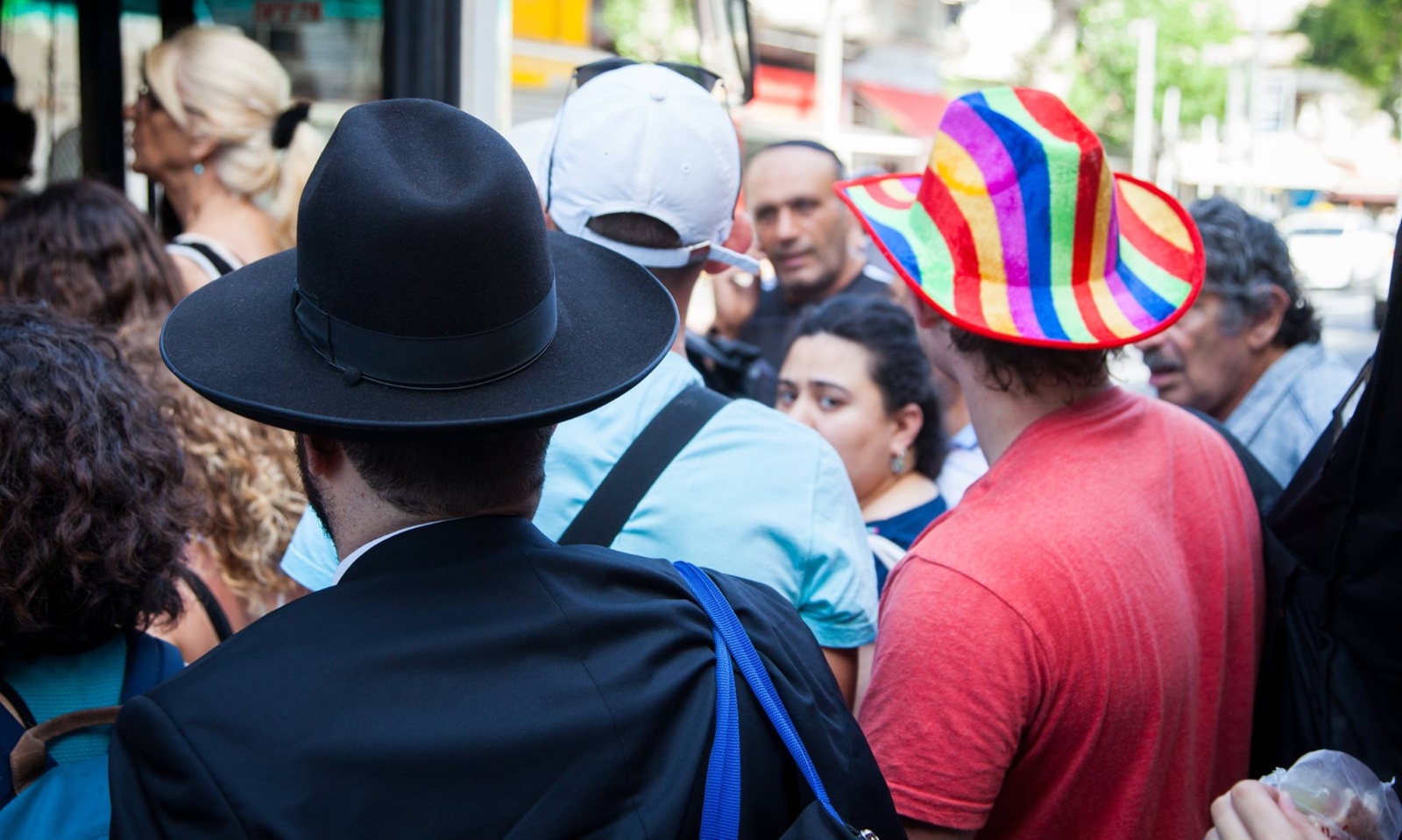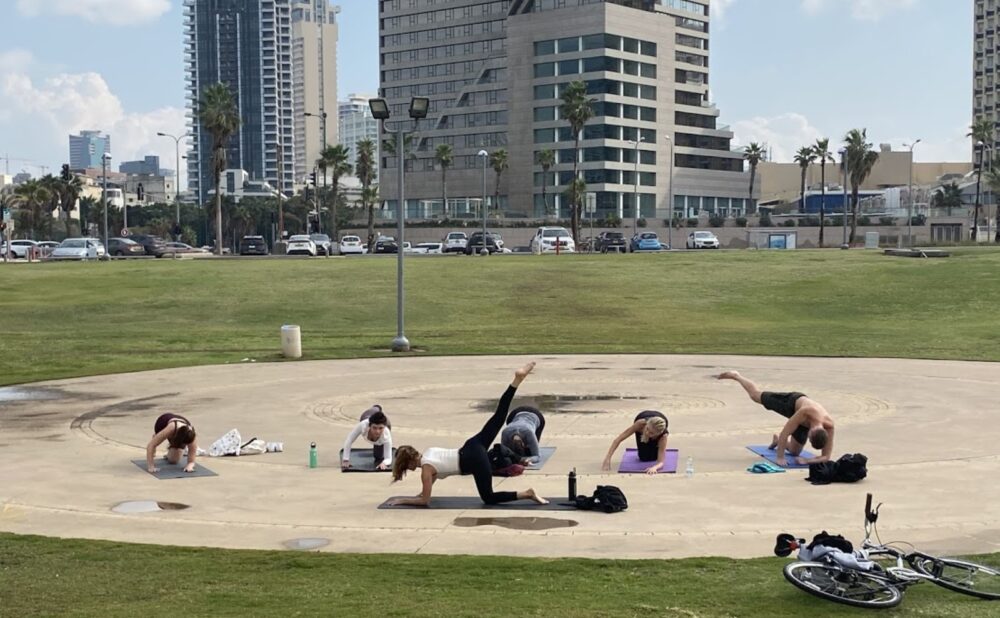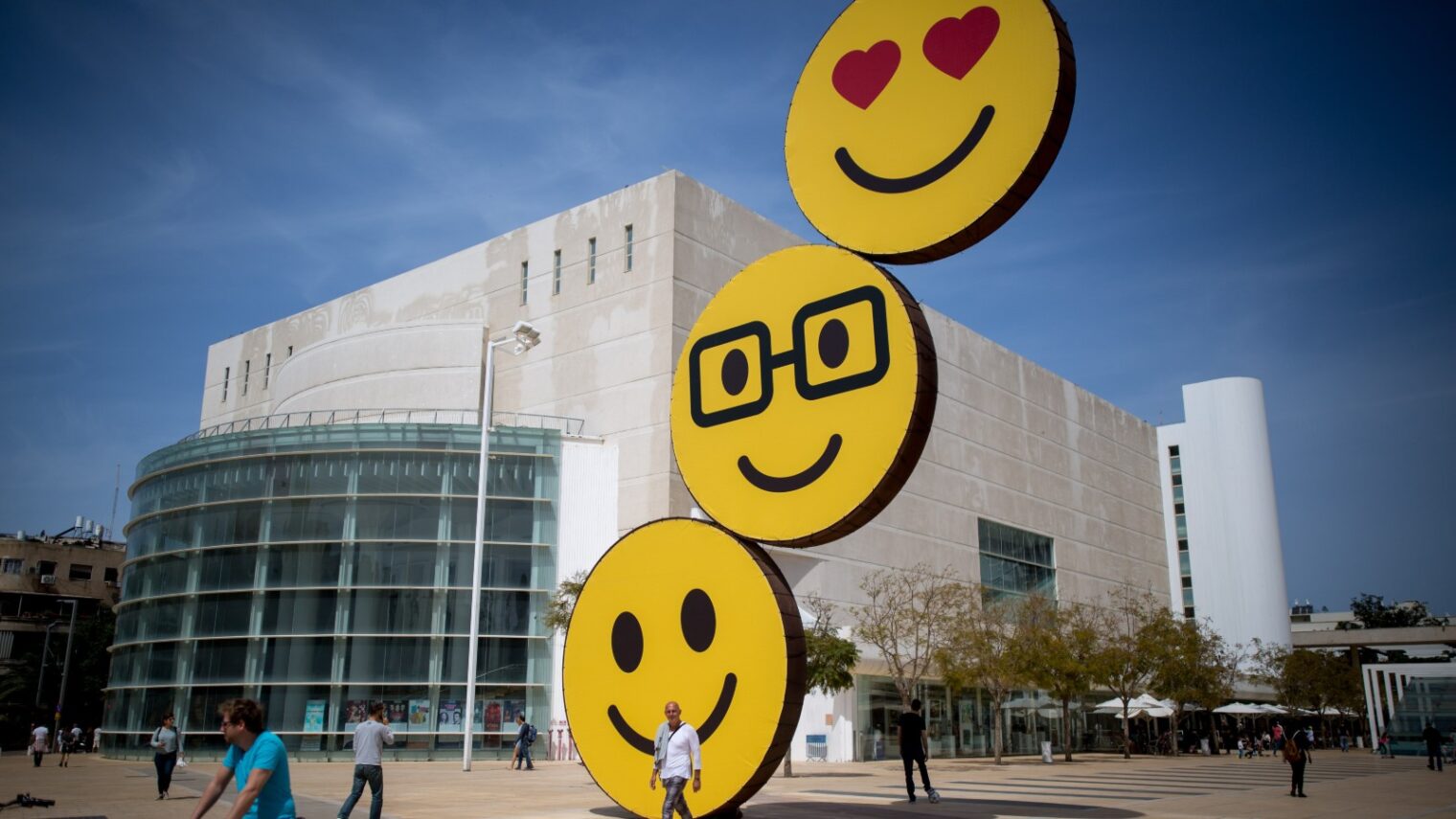I had never visited Israel before August of 2020. However, when the pandemic started and my plans to head directly to college were called into question, a gap year in Israel became my most appealing option.
Over the past 19 years, I had heard about the country from family, friends, and members of my synagogue who visited every year. I’d seen pictures of my dad hiking Masada and my rabbi at the Kotel, but I only had a vague idea of what Israel was really like.
From the moment I landed at Ben-Gurion Airport, I found myself in a perpetual state of surprise. There were aspects of the country that were vastly different from how I had imagined them and other parts that I hadn’t expected at all.
- There is much more religious diversity than I expected

When reading about Israel in the news or seeing it depicted in the media, I saw it portrayed as a homogenous state comprised only of the ultra-Orthodox community. While these groups do have a presence throughout the country, many others follow other streams of Judaism or different faiths altogether.
To my surprise, I’ve found that Israel exists at an intersection between religion, spirituality, secularism and individuality. There is no one way to be religious in Israel.
- Many Jews here are far more secular than those I know back home

Yom Kippur was the best lesson of this. On a holiday when most of my Jewish friends and family fast for the entire day, I expected Israelis to do the same. Instead, many young locals of Tel Aviv were perplexed by my decision to fast.
“Are you Orthodox?” I was asked on multiple occasions. When I replied that I am not, I was met with more questions of, “Then why do you fast? Do you always do this? But aren’t you hungry?”
Beyond Yom Kippur, there have been multiple other instances where I’ve seen Israelis identify with Judaism more as a culture than as a religion.
- Israelis are some of the most hospitable people I’ve ever met
Moving to a country I’d never traveled to before was no small decision. I had no friends or family here and would be living thousands of miles away from home. However, any fear that I had before arriving here was immediately assuaged.
The first strangers I met while in line for customs began suggesting the best spots to visit around the country. It felt as if every Israeli I got to know offered me a seat at their Shabbat dinner table. Though I didn’t speak their language and wasn’t yet familiar with their culture, I felt protected and welcomed by a community of people who seemed to genuinely want to help me.
- The whole country is just a short road trip away

The proximity of the entire country coupled with the accessibility of its public transportation has made seeing various destinations around Israel a breeze. I’ve been lucky enough to see over a dozen cities in my six months here because of how easy they’ve all been to reach. Whether it’s a train ride between Tel Aviv and Jerusalem or a bus down to hike in Mitzpeh Ramon, the options to move around the country feel endless.
- Israel’s food scene reflects the diversity of its people

I expected to be living off hummus and falafel for my entire year here. There’s been no lack of either of these wonderful foods, but I’ve also been shocked by my exposure to other cuisines. Whether it’s sushi in Tel Aviv, Mexican food in Jerusalem, or Italian food in the Galilee, I’ve been able to sample foods from across the world within Israel.
I’ve also learned about and tried recipes that I never had before, including Ethiopian and Yemenite food! With Israelis hailing from all around the globe and bringing their authentic recipes with them, Israel’s cuisine options have surpassed all of my expectations.
- A good portion of Israelis are not actually from Israel
For many, being Israeli isn’t something they were born into, but something they chose. With such high immigrant rates per capita, Israel welcomes new citizens from countless countries. I’ve gotten used to hearing Israelis say something along the lines of, “Well I live in Jerusalem, but I’m originally from…” This merging of cultures and origin stories has created a community of people with diverse and exciting histories to bring together.
- Fitness isn’t just a hobby here… it’s a lifestyle

While I played my fair share of sports in high school, nothing I’ve done compares to Israelis’ commitment to being active. I didn’t once walk down the Tel Aviv boardwalk without being surrounded by locals working out at the outdoor gym equipment or practicing yoga on the grass.
It wasn’t just the regular push-ups and crunches that one might expect–I often spotted people balancing on tightropes, practicing headstands and competing in games of matkot. This inclination towards fitness surprised me as a universal experience among Israelis.
- Being in the army is a shockingly normal part of growing up
Mandatory conscription is a rite of passage here in Israel. While my US friends who have just graduated high school are heading off to college, the recent high school graduates here prepare for the army.
Seeing people my age walking down the street in uniform was a jarring experience at first. They seemed far too young to be leaving home and entering such a foreign environment. However, as I got to know a few Israelis my age, I realized just how normalized the experience is.
I’ve come to understand that joining the army at the ripe age of 18 and not starting college until mid-20s–though different from what I know–allows Israelis to bond through shared experience and mature quickly.
I’m now able to see why my expectations of Israel were so far off from the reality: Describing the rich layers and intricacies of this country is nearly impossible.
It is unique in its people and environment, which makes learning about it firsthand so stimulating. Having my preconceptions about Israel disproven time and time again has opened my eyes to this country’s unexpected truths.

















